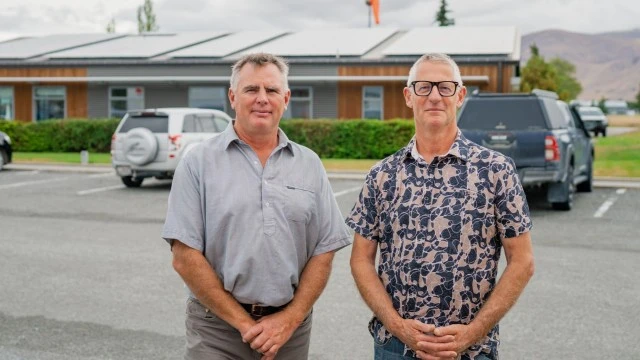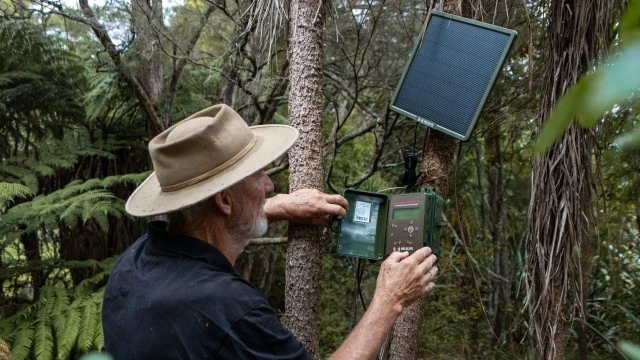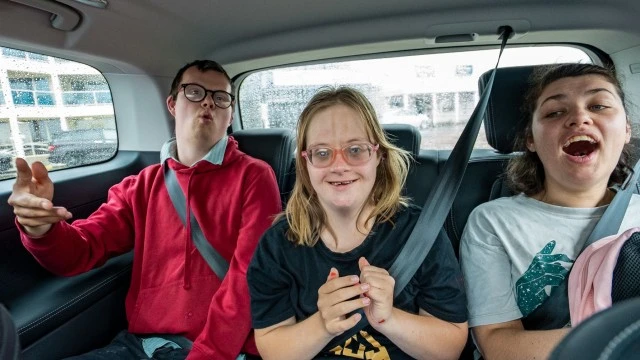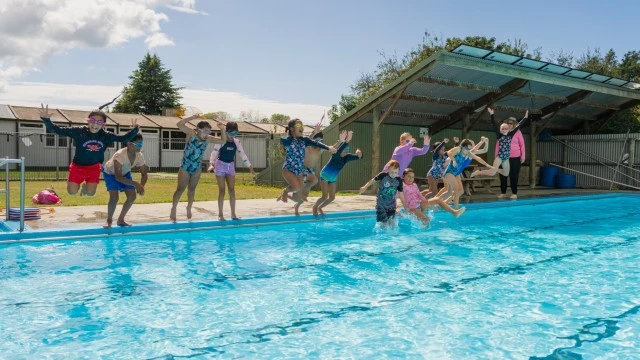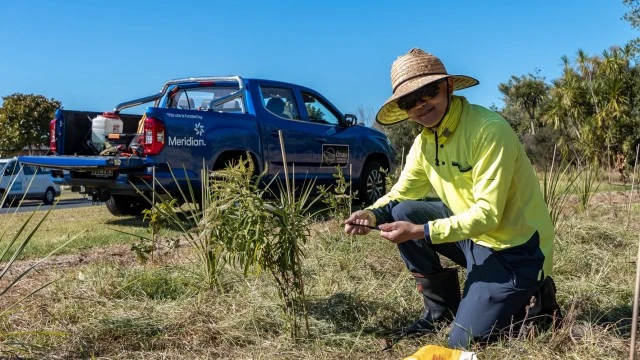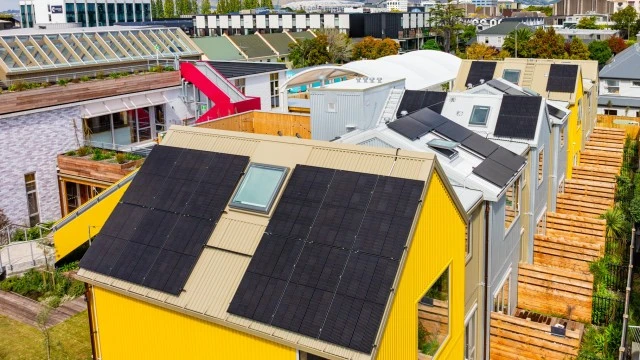The Paetūmōkai Charitable Trust runs a resource recovery centre on-site, where they take in items that might otherwise end up in landfill, fix them up and sell them to the community at very affordable prices. All the funds generated go back into the food bank and other local community groups.
It also has a recycling centre that accepts items the local council can’t take, such as batteries and soft plastics, and the team are currently setting up a community workshop to host repair cafes and recycling and sustainability workshops.
Empowering positive change
The Community Decarbonisation Fund is all thanks to our partnership with our Certified Renewable Energy (Certified) customers.
Certified enables our business customers to match the amount of electricity they use, with an equivalent amount of electricity put into the national grid from one of our hydro stations or wind farms – which have been independently verified as producing 100% renewable electricity.
All of the net proceeds from the Certified product are used to support electrification projects across Aotearoa. Together, with our Certified customers, we’ve provided nearly $3 million in funding for grassroots community projects that reduce carbon emissions and provide a tangible positive impact for many community groups.
